Migraine Relief: Finding Calm Amidst the Storm
Discover relief from the throbbing pain, nausea, and sensitivity to light and sound that often accompany migraines at Dr. Poonam Sharma’s clinic. Our holistic approach to migraine treatment combines gentle acupressure techniques, lifestyle modifications, and personalized care to help you manage and prevent migraine episodes.
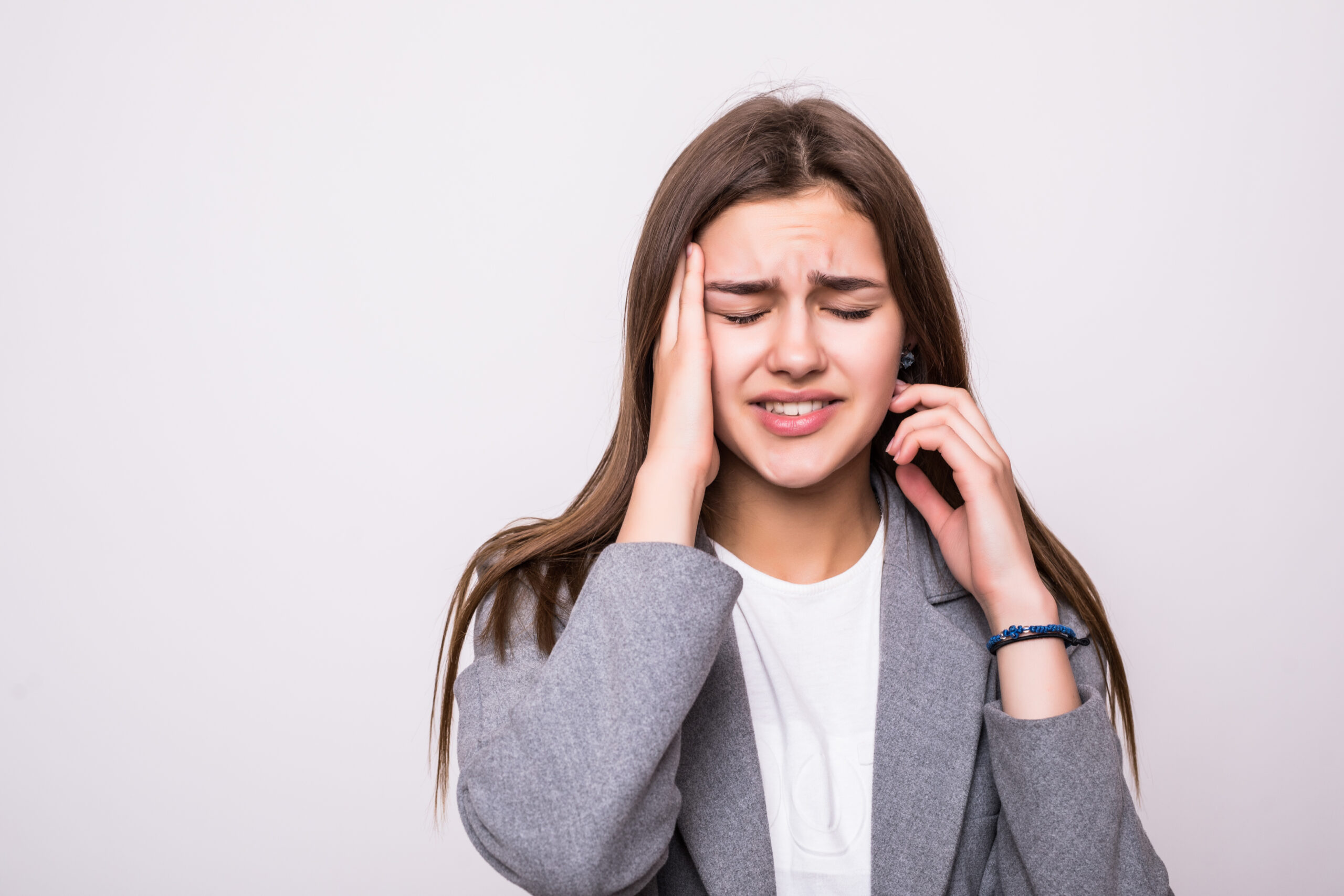
Migrane
Migraine is a neurological condition characterized by severe headaches, often accompanied by symptoms like nausea, sensitivity to light, and sound. While the exact cause is unclear, factors such as genetics, environmental triggers, and neurological changes are believed to play a role. Migraine attacks can be debilitating, lasting for hours to days, and may be preceded by warning signs called aura. Although there is no cure, various treatments aim to manage symptoms and reduce the frequency of attacks, including medication, lifestyle adjustments, and alternative therapies like acupressure.
Causes Of Migrane
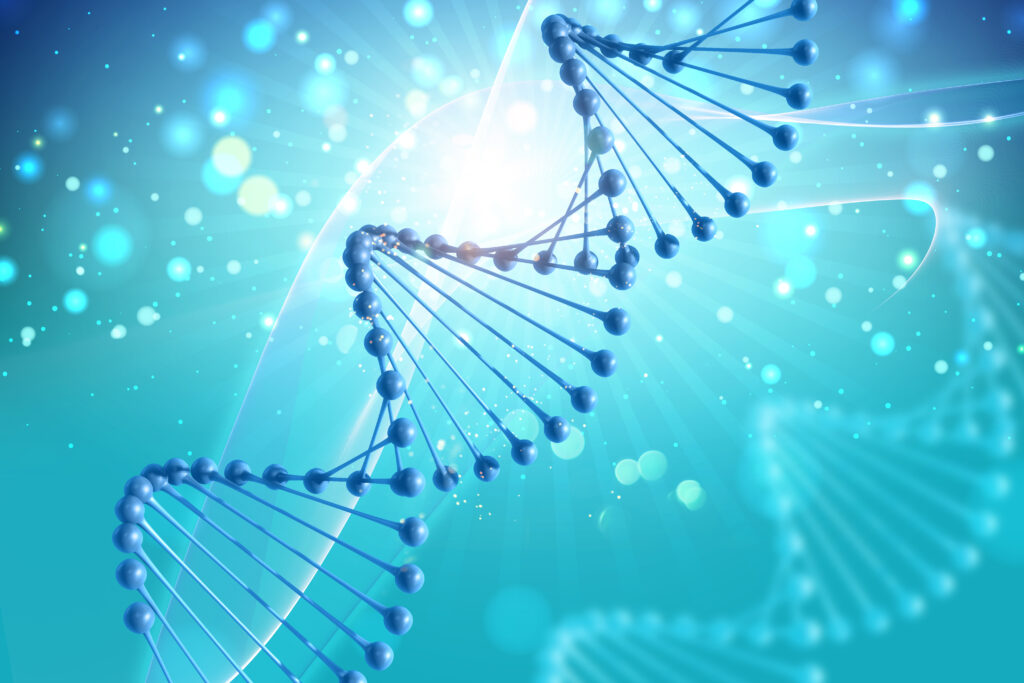
Genetic Predisposition
Family history plays a significant role in migraine susceptibility, with genetics contributing to an individual’s likelihood of experiencing migraines. Certain genetic factors can increase sensitivity to migraine triggers and influence the frequency and severity of attacks.
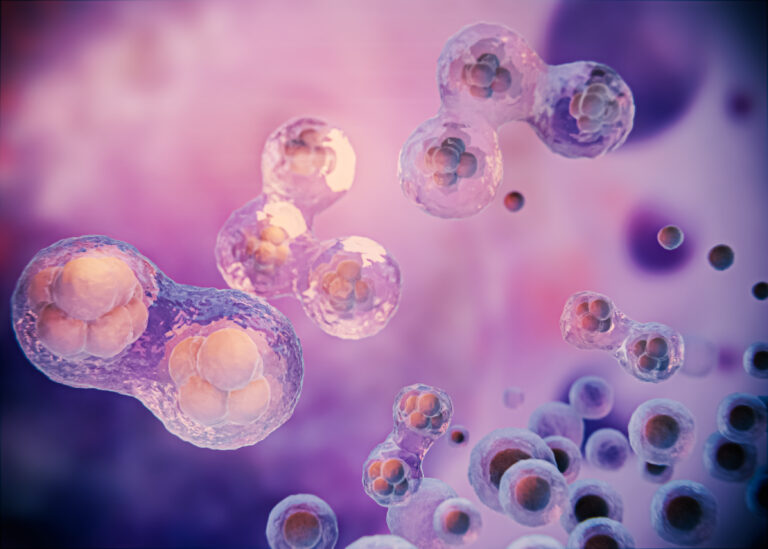
Hormonal Changes
Fluctuations in estrogen levels, particularly during menstruation, pregnancy, or menopause, can trigger migraines in susceptible individuals. Hormonal fluctuations can influence blood vessel dilation and neurotransmitter levels, contributing to migraine onset.

Environmental Triggers
Various environmental factors can precipitate migraine attacks, including changes in weather, strong odors, bright lights, and loud noises. Sensory stimuli can overstimulate the nervous system and trigger migraine symptoms in susceptible individuals.

Stress and Emotional Factors
Stress, anxiety, and emotional tension are common triggers for migraine attacks. The physiological response to stress, including muscle tension and changes in neurotransmitter levels, can contribute to the onset of migraine symptoms.

Dietary Factors
Certain foods and beverages are known to trigger migraines in susceptible individuals. Common dietary triggers include alcohol, caffeine, aged cheeses, processed meats, artificial sweeteners, and foods containing monosodium glutamate (MSG).
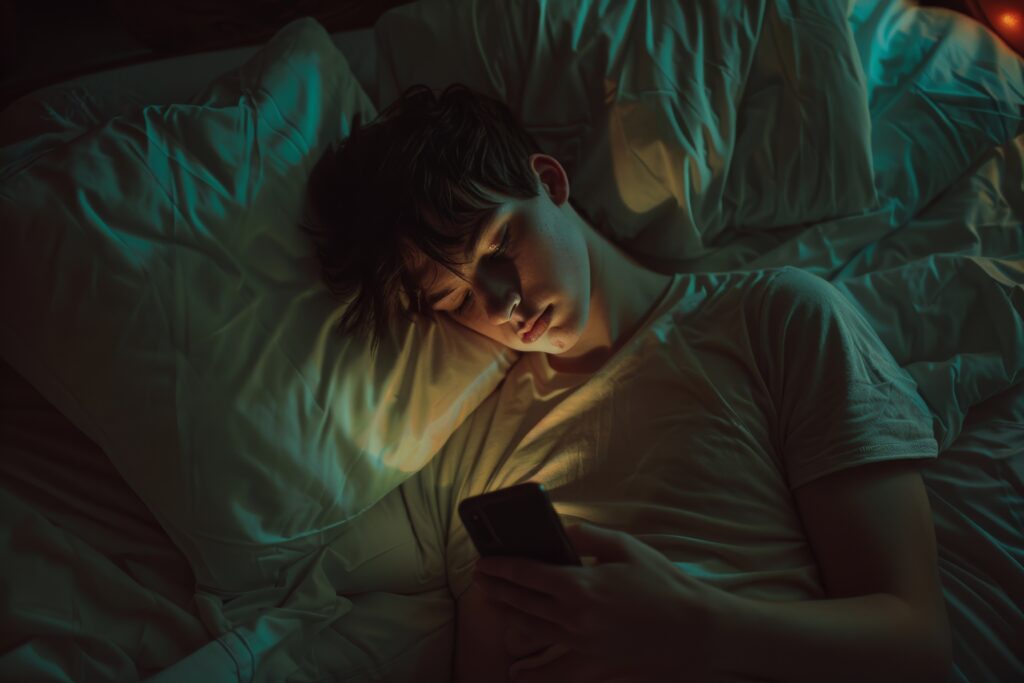
Sleep Disturbances
Irregular sleep patterns, inadequate sleep, or disruptions in sleep quality can trigger migraines in some individuals. Sleep disturbances affect neurotransmitter levels, hormonal balance, and immune function, all of which can influence migraine susceptibility and severity.
Identifying and managing migraine triggers is essential for reducing the frequency and severity of attacks. Lifestyle modifications, stress management techniques, and preventive medications may help mitigate migraine triggers and improve overall quality of life for individuals living with migraines.
Types Of Migrane

Migraine without Aura (Common Migraine)
This type of migraine headache occurs without preceding aura symptoms. Individuals may experience moderate to severe pulsating head pain, often on one side of the head, accompanied by symptoms such as nausea, vomiting, and sensitivity to light and sound.
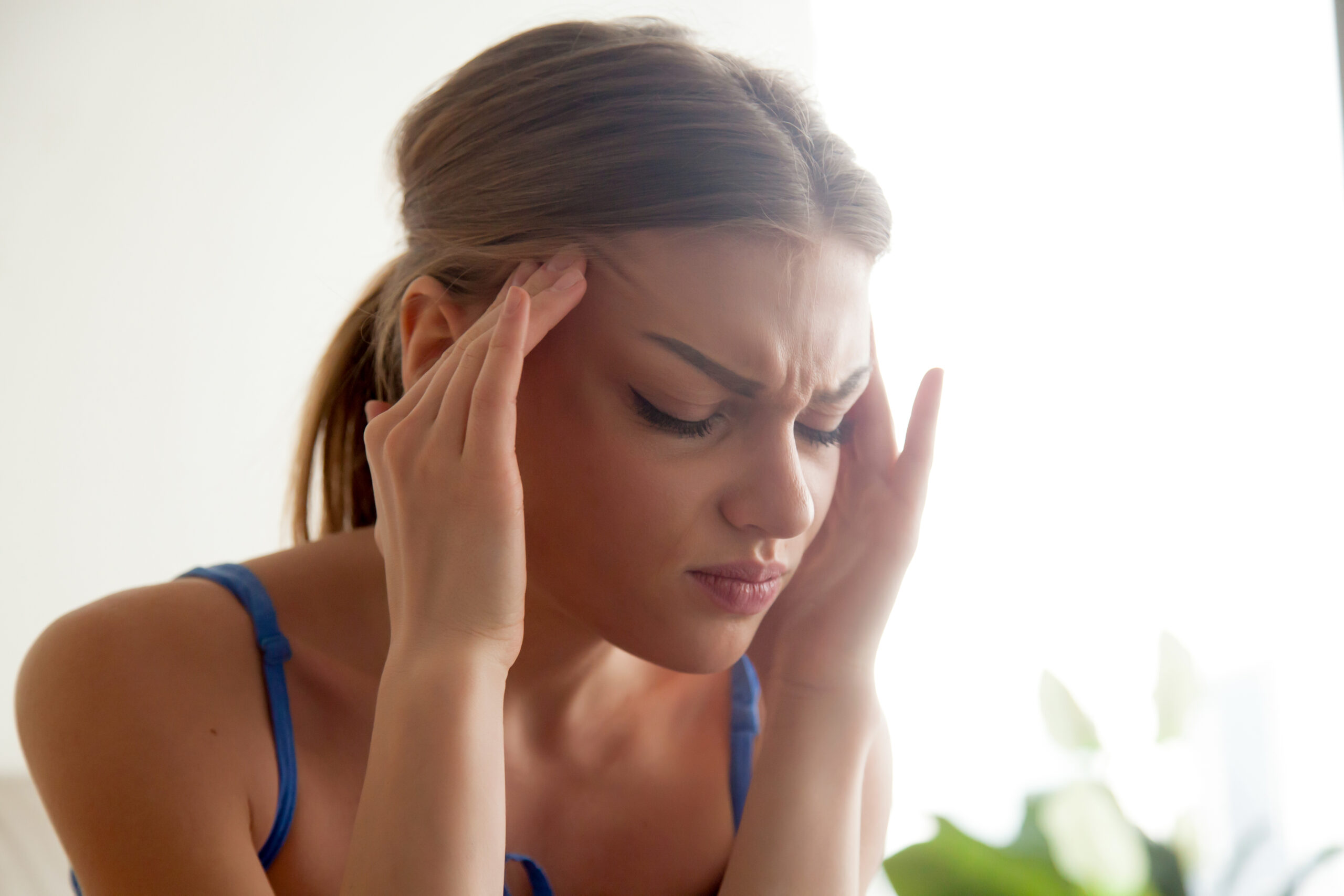
Migraine with Aura (Classic Migraine)
Migraine with aura involves sensory disturbances or neurological symptoms known as aura that precede or accompany the headache phase. Aura symptoms can include visual disturbances (flashes of light, blind spots), sensory changes (tingling, numbness), or speech difficulties. Following the aura phase, individuals typically experience a throbbing headache similar to migraine without aura.

Hemiplegic Migraine
Hemiplegic migraine is a rare subtype characterized by temporary motor weakness or paralysis on one side of the body (hemiplegia) during or after the migraine attack. Other symptoms may include visual disturbances, sensory changes, and speech difficulties. Hemiplegic migraine attacks can be debilitating and may mimic symptoms of stroke, requiring prompt medical evaluation.

Vestibular Migraine
Vestibular migraine is characterized by episodes of vertigo or dizziness, often accompanied by migrainous headache symptoms. Individuals may experience spinning sensations, imbalance, nausea, and sensitivity to motion or visual stimuli. Vestibular migraine can significantly impact balance and coordination, leading to functional impairment during attacks.
Discovering Hope: Pathways to Healing from Migrane
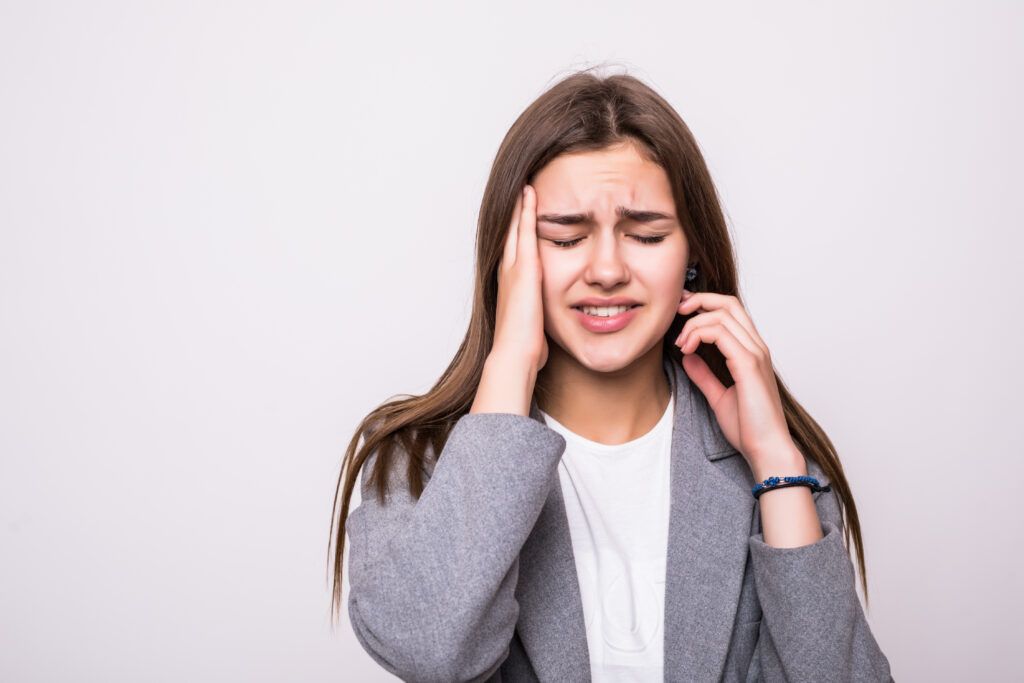
Relief on the Horizon: Effective Migraine Treatment Solutions
Discover relief from the debilitating symptoms of migraines at Dr. Poonam Sharma’s clinic. Our comprehensive approach to migraine treatment combines advanced medical expertise with holistic healing modalities to address the root causes of your migraines and provide lasting relief. Through personalized treatment plans tailored to your unique needs, we utilize a combination of medication, lifestyle modifications, and alternative therapies such as acupressure to alleviate pain, reduce the frequency of attacks, and improve your overall quality of life. Our dedicated team is committed to guiding you on your journey towards a future free from the burden of migraines, allowing you to reclaim control over your health and well-being.
